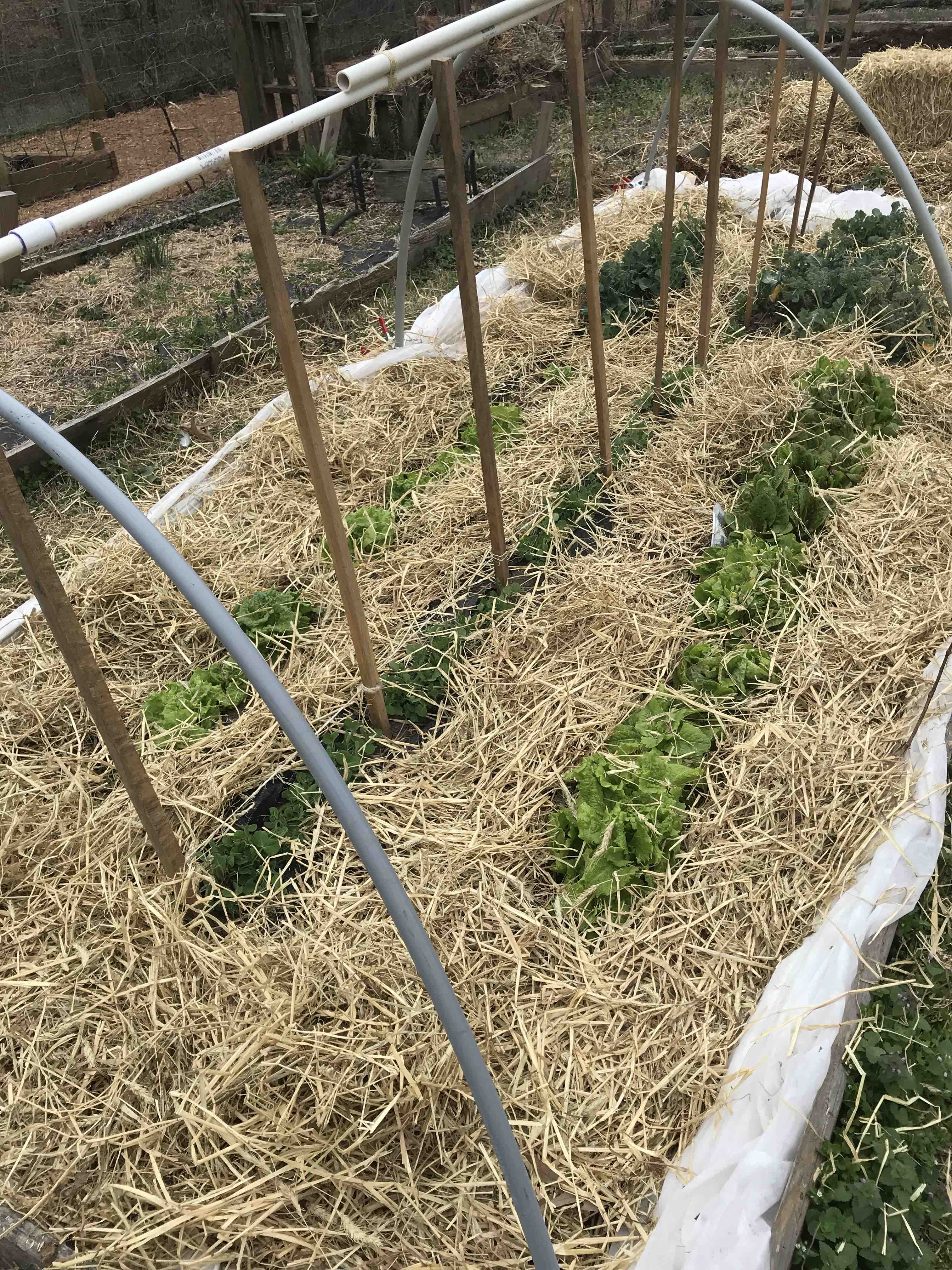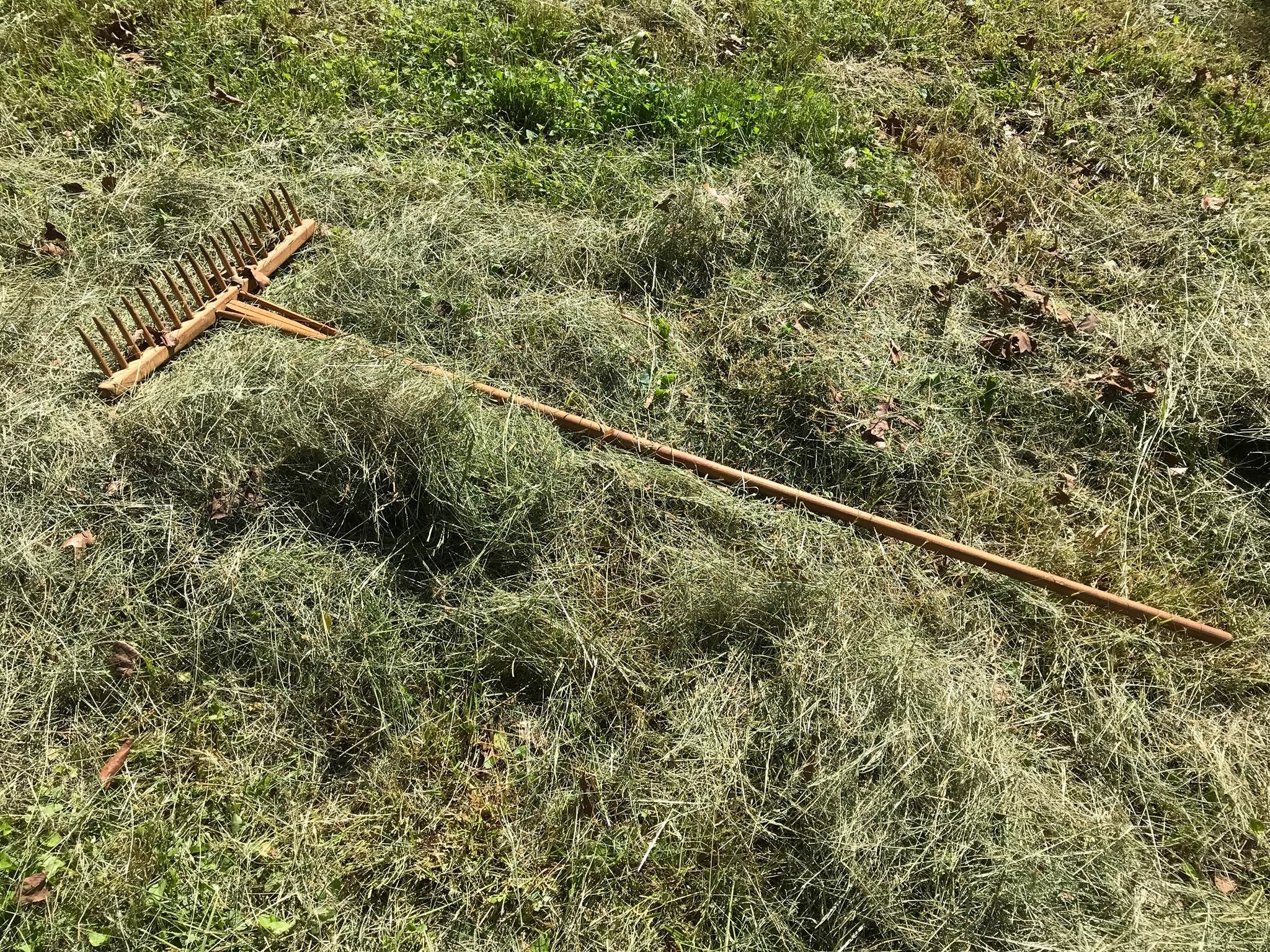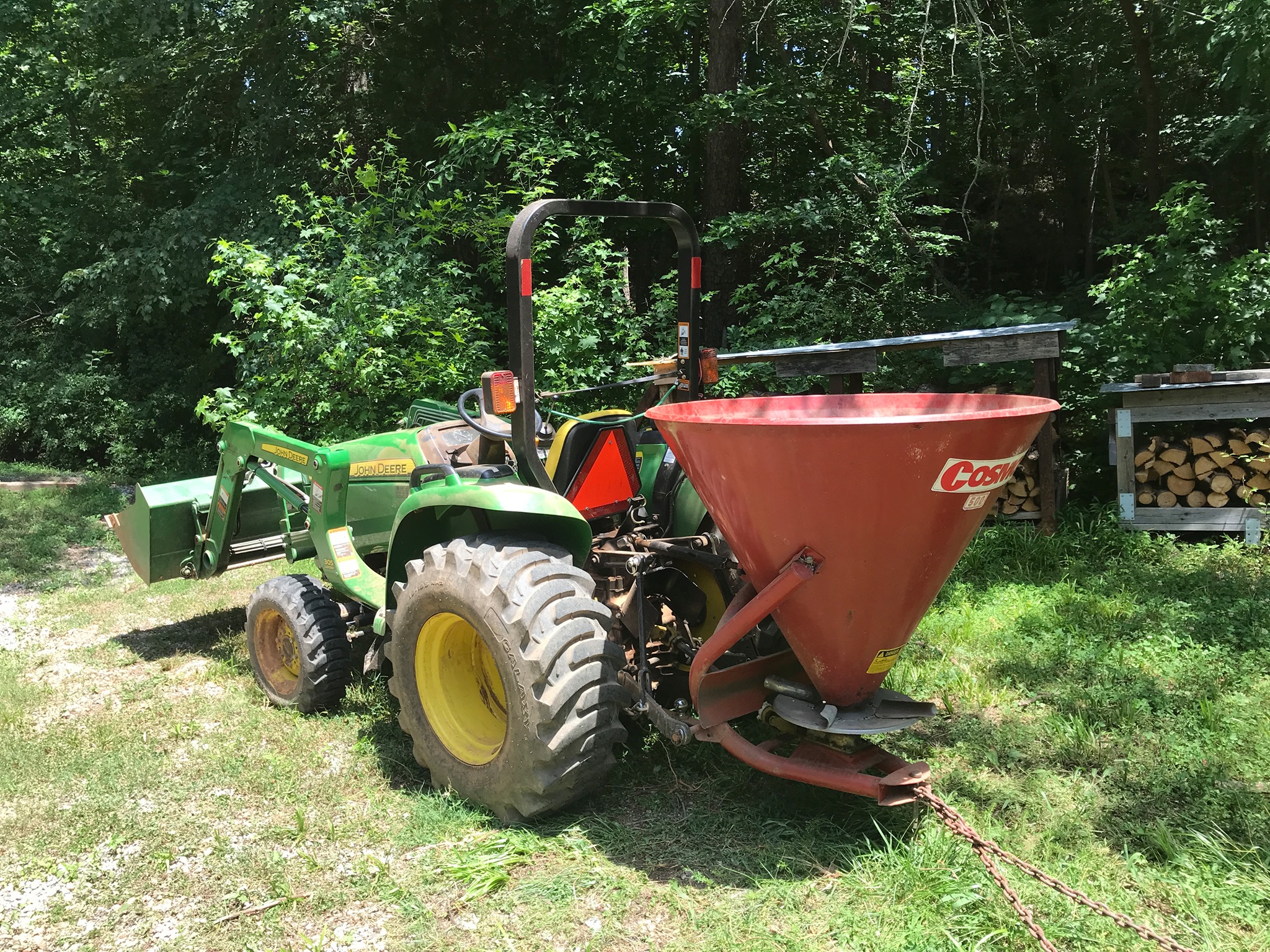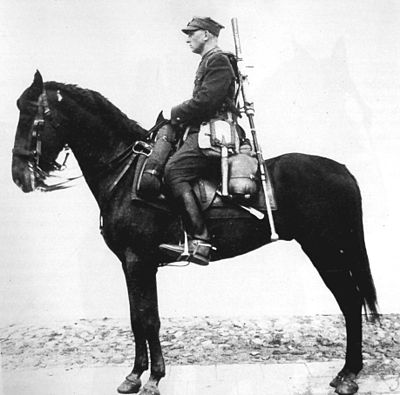 I have a guilty secret: I am enjoying the lockdown. It coincides with the finest season for putting in a garden. With that in mind, I’m going to bring out metaphors for May that are garden-related.
I have a guilty secret: I am enjoying the lockdown. It coincides with the finest season for putting in a garden. With that in mind, I’m going to bring out metaphors for May that are garden-related.
This post will do double duty in my other blog, Tractorpunk, where I write about sustainability and DIY practices for a newly (not even a decade) rural homesteader. I’ve also collected metaphors about time over there. Use this year’s extra time on your hands well; may I suggest planting a garden? I love growing and preserving (canning, dehydrating, freezing) as much of my own food as possible. I hope that’s a long-term impact of this pandemic. We need more home cooking with local food.
Many of these metaphors do indeed work in academic prose. Lots of them I learned from my mother, an avid gardener. She would sing “I’m a lonely little petunia in an onion patch” when weeding. I got my green thumb from her.
Bad seed: Nothing good comes of bad seeds in the greenhouse. They produce stunted plants or none at all. Metaphorically, a person is a bad seed if they come from a family with a history of trouble.
Down the garden path: I’ve not a clue why this metaphor is negative. It means to be led astray, to be deceived. To me, the garden path is one of the most pleasant places to wander. There’s no deception in a well-tended garden.
Early frost / blooming early / blighted: Though not all early bloomers come to grief, early frost is a sad situation, in the garden or in a person’s life. Things go awry early, and failure results. At least a watchful gardener can put buckets on top of small plants or drape row-cover over the lettuce (I had lettuce all winter this year). You cannot do that for a person who blooms early and then is blighted. Some of us are, however, late bloomers.

Make hay when the sun shines: I have a very small hay-making operation, so small that instead of purchasing a big baler, I hand-bale my cut hay on about an acre of tall grass. The yield is 3 or 4 small bales annually. It seasons for a year in my barn and then becomes weed-block or in our raised-beds or litter in our chicken coops.
No matter the method, haymaking depends on a stretch of sunny weather, preferably one with enough breeze to dry the cut stalks after they are raked (my favorite part of the operation is hand-raking with a beautiful handmade Italian hay rake). Wet weather ruins hay, making it rot on the ground.
So metaphorically, there’s a time for any activity: do it in its best season, neither hurrying it nor waiting too long: not quite the same as Carpe Diem, but certainly a metaphorical cousin. For problems, you want to nip them in the bud.
Peas in a pod: As in, “like two peas in a pod.” Okay, it’s a simile, not a metaphor, but it’s Mother’s Day and my mother was fond of this one. It can mean anything identical, but for mom it mean two people who did the same things, usually something stupid. Her wit was withering.
Reaping what you sow: I tend to over-seed my beds and then do a lot of thinning. We also are putting a six-acre field into wildlife management, which means suppressing invasive plants without chemicals but with a heavy application (think, tons) of buckwheat, clover, sunflower, bean and winter rye seed. That is most certainly not sown by hand but with a large device that looks like a rocket motor, inverted, behind my small tractor. But if you put out no seeds, or the wrong ones, you get what you get, in the garden or outside it. When I learned to code, we said “garbage in, garbage out” about sloppy programming habits. So much trouble results from poor planning and poor execution.
But if you put out no seeds, or the wrong ones, you get what you get, in the garden or outside it. When I learned to code, we said “garbage in, garbage out” about sloppy programming habits. So much trouble results from poor planning and poor execution.
Snake in the grass: one of my least-favorite things. I keep the grass in and around the garden short, since last year I shot four Copperheads right in the garden or by the house. I will spare you the photo of a dead one shot in our chicken run, stretched out by my shotgun barrel–at 30″ they were the same length. In the woods, it’s another matter: snakes can go their own way. I don’t mind Black Racers or Rat Snakes at all, often moving them to spots where they can eat mice and keep the Copperheads at bay; I welcome black snakes into my barn and garage, though I keep an eye out! The metaphor of something dangerous in hiding conveys well with this metaphor. Watch your step around certain people!
Tender shoots: I hear this one each time a recovery comes after an economic downturn. But it’s true: the first shoots of new growth are really tender. They break or freeze easily.
Tough row to hoe: Bermuda or “wire” grass loves to sneak into our raised beds, and I don’t employ any herbicide or pesticides, preferring labor to cancer. So this metaphor comes into play a lot, when the weeds won’t come out of the ground and the bugs won’t go away; metaphorically, we all face similar tasks constantly. I think of this term as Southern, but it may well be universal.
Transplant: I grow a few hundred seedlings every year, moving from indoor grow-light station to greenhouse to raised beds. Whenever we move a plant from one growing medium to another, it’s transplanted. Think of how this metaphor works for humans. We are also uprooted. We put down new roots. We might decide to bloom where we are planted. Or we may wither in the wrong place or job. Mom was metaphorical here, too, about plants. When transplanting, she anthropomorphized her plants, saying “their feelings get hurt.” But in time, the plants would “get over it.”
Weeding and thinning: After venomous snakes, my least favorite thing. Yet you cannot grow plants as I do, without herbicides, without a lot of hand weeding. We weed in our lives all the time, from our personal libraries to our “friends” lists (I seldom do that, as I don’t accept friend offers unless I know someone in person). We also thin things, a more pleasant occupation since the over-sown seedling can go right to a flock of very eager chickens.
Windfall: Often paired with “profit,” in economic journalism, but in an orchard wind often means an early crop of perhaps underripe fruit. My one experience with windfalls has been with tall persimmon trees. The fruit is best after frost, and it does not leave the tree easily. I have to shake the tree, pick low-hanging fruit, or wait for windfall before I bake my Thanksgiving persimmon pie.
We keep bees and chickens, and these provide fertile soil for other clusters of metaphors. Stay tuned! If I missed any of your favorite garden metaphors, send them my way. I’ll be harvesting them all summer!
As always, please send us words and metaphors useful in academic writing by e-mailing me (jessid -at- richmond -dot- edu) or leaving a comment below.
See all of our Metaphors of the Month here and Words of the Week here.
![]() I faced a conundrum this month; I have two apt metaphors. Since they are related, let’s discuss them both. The first is an everyday word now being used metaphorically. It came my way via Ingrid Lasrado, UR’s Assistant to the EVP and Chief Operating Officer, Business Affairs.
I faced a conundrum this month; I have two apt metaphors. Since they are related, let’s discuss them both. The first is an everyday word now being used metaphorically. It came my way via Ingrid Lasrado, UR’s Assistant to the EVP and Chief Operating Officer, Business Affairs.



 But if you put out no seeds, or the wrong ones, you get what you get, in the garden or outside it. When I learned to code, we said “garbage in, garbage out” about sloppy programming habits. So much trouble results from poor planning and poor execution.
But if you put out no seeds, or the wrong ones, you get what you get, in the garden or outside it. When I learned to code, we said “garbage in, garbage out” about sloppy programming habits. So much trouble results from poor planning and poor execution.